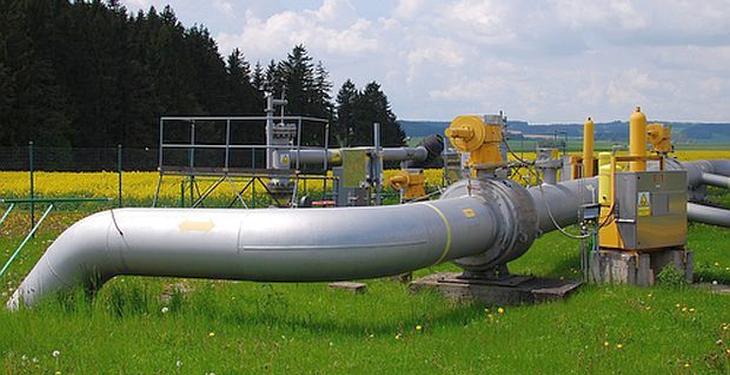Government must understand that strategy and policies must be in place based on transparency, collaboration and predictability, before taking any new decision on socializing the costs – says Livia Stan, Public Affairs Director, E.On Romania, at the Romanian International gas Conference (RIGC), an event organized by the Energy Policy Group. With regard to the obligation for gas distributors to connect all household customers who so request free of charge, she stressed the importance of the context (“to consider that we are going through an atypical year in the energy sector, where the pandemic reduced overall energy demand and investment”), as well as the prospects (“the role that natural gas will play in the energy transition”).
At turn, Eric Stab, CEO ENGIE Romania, says at the RIGC conference: “Our concern is that we may find ourselves in a situation where customers are not supported to buy the equipment they need to connect to the network, we will build the network and serve nothing. This is why it is necessary to support those households who want to connect to the gas grid, to be able to buy a boiler, a stove, and to install the necessary equipment”.
Eric Stab announces that ENGIE Romania has connected to the gas network on average 65.000 new customers per year and it can connect even more, “but for this we need a different regulatory framework…”
In 2020, government has taken over an idea discussed for years – an accelerated increase in the connection of the population to the natural gas network. A noble idea, with the potential to contribute to the accelerated development of communities and to the expansion of the natural gas industry. However, the form in which the program is proposed to be implemented seems insufficiently developed and raises many questions from those who are called upon to carry it out.
“The new legislation on the extension of the gas distribution network, which forces operators to invest in connections without an analysis or impact assessment, leads to a massive decapitalization and insolvency of companies, after which they go bankrupt,” says Cătălin Ivan, general manager of Megaconstruct, in an interview to be published in the next edition of Energynomics Magazine. “No matter how optimistic we try, both large and independent operators, we realize every day that the new tasks forced on us by the legislator are unrealistic and will immediately result in the destruction of this important sector.”
Once again, for Livia Stan, too, “enlarging the current gas infrastructure is a priority at national level, and it is an opportunity for us as operators of the gas infrastructure”. But she insists: “It is clear that our main priority is to make a very in-depth needs assessment, to find out more about the level of the resilience of the system before going to new investments in extending this national gas network.” An analysis of the infrastructure is needed, she added, to better understand the role of gas in the energy transition, on what economic basis we are doing this network extension. “Of course, we are partners of the Government to do both analyzes”, Livia Stan concluded.
